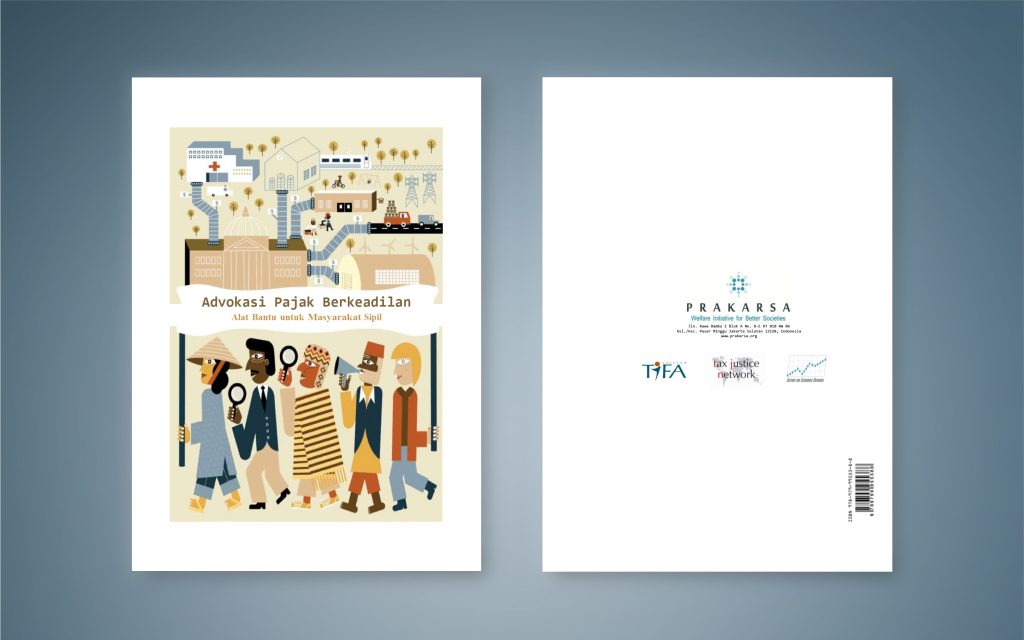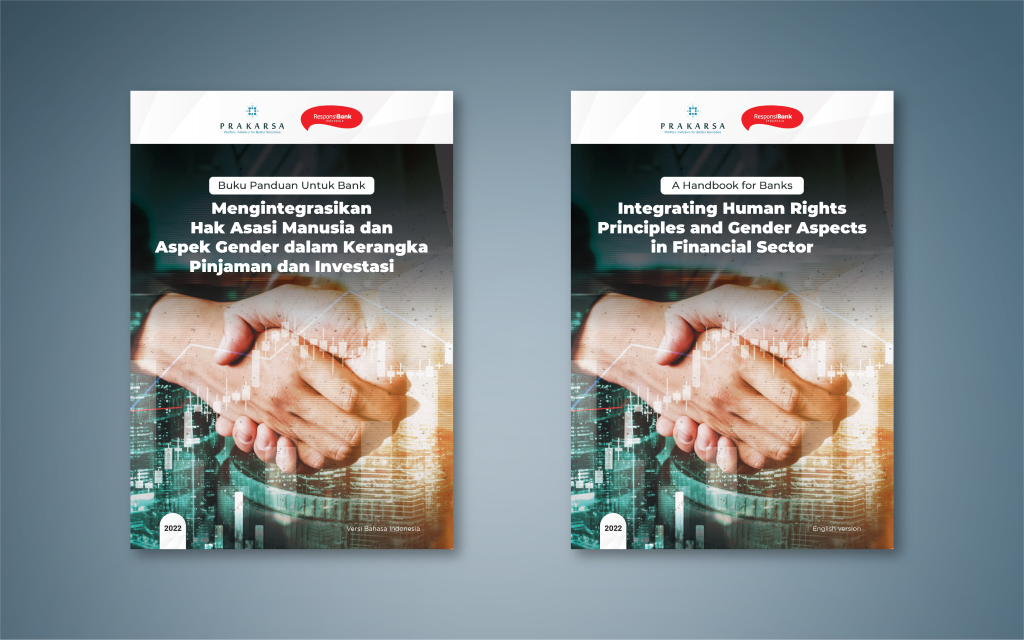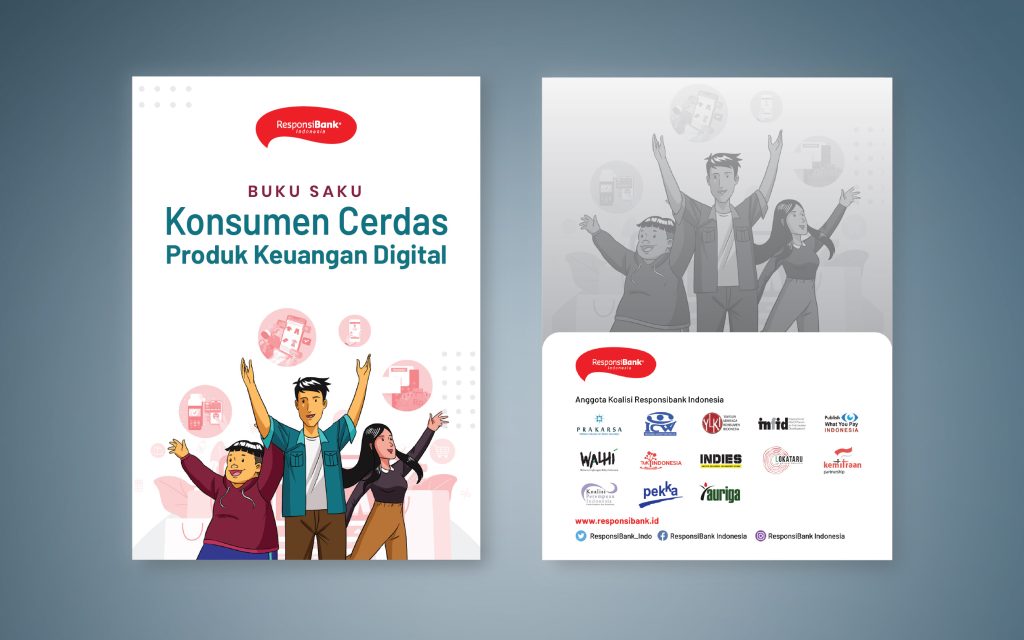
Script: Sally Golding (lead writer), Matti Kohonen, Katrin McGauran, David McNair & Sophie Powell Illustration: Jorge Martin
Design: Christian Aid
Translator: Dr. Jan Riberu (English-Indonesian)
Editorial Team: Victoria Fanggidae, Setyo Budiantoro, Ah Maftuchan, Wiko Saputra, Dwi Rani P. Artha, Chelvi Yuliastuti, J. Prastowo
ISBN: 978-979-99553-8-8
This tool was created as part of the three-year project “Towards Tax Equity: Raising Awareness, Building Capacity, Supporting International Coordination and Policy Dialogue to Make National and International Tax Systems More Supportive for Development”, which was implemented from 2009 to 2011 with funding from European Commission.*)
This tool is the result of a collaboration between Christian Aid, SOMO and an international reference group, consisting of the Tax Justice Network (TJN), TJN Africa and Action for Economic Reform (AER). The first draft was produced by Christian Aid and SOMO and reviewed by the reference group. This draft was then guided during a two-day workshop held in Manila, Philippines, from 7 to 8 August 2010 by the Jubilee South/Asia-Pacific Movement on Debt and Development. -Pacific), and was attended by civil society representatives from Kenya, Zimbabwe, Vietnam, the Philippines, Indonesia, the Netherlands, France and the UK. This toolkit was revised according to the feedback received.
CHAPTER 1: Why Deal with Taxes?
The link between taxation and development is fundamental. A well-functioning country is one that can meet the basic needs of its citizens, relying on domestic revenues to achieve development goals. By using an effective tax system, the state can mobilize its domestic resources, distribute wealth and provide basic services and infrastructure. Effective tax structures can also create incentives to improve governance, strengthen channels of political representation and reduce corruption. However, most governments in the world struggle to collect enough taxes to finance basic services in a fair way. Southern countries in particular, face serious challenges due to weak tax authorities and low revenues, large informal sector, pressure to provide generous tax concessions and exploitation of tax regulation loopholes by irresponsible and irresponsible companies. by rich people. Too often the tax system is grossly fraudulent in the interests of the poorest.
CHAPTER 2: How to Develop Your Tax Advocacy Strategy
This chapter examines the various elements of developing your advocacy strategy, and how to mix them together into a recipe that will lead you to victory.
BAB 3: Guide to Conducting Tax Research
This chapter analyzes in depth the research component for tax advocacy. Research is an important component of your tax advocacy strategy. Research is important to provide credible evidence for your argument and to convince your tax advocacy targets and allies.
Chapter 4: Active in Taxation
This chapter looks at how to implement your tax advocacy strategy effectively. This chapter reviews the various activities you can undertake as part of your overall strategy.
© Christian Aid and SOMO, January 2011
© Society Prakarsa, Jakarta – January 2014 (Indonesian Edition) The content of this publication is the sole responsibility of Christian Aid and SOMO and under no circumstances should it be viewed as reflecting the position of the European Union, the Dutch Ministry of Foreign Affairs, or the Vereniging voor Personele Samenwerking met Ontwikkelingslanden (PSO) . The contents of this publication in Indonesian are entirely the responsibility of the Association Prakarsa.
Chapter 1
Fair Tax Advocacy
Download Here
Chapter 2
Fair Tax Advocacy
Download Here
Chapter 3
Fair Tax Advocacy
Download Here
Chapter 4
Fair Tax Advocacy
Download Here



